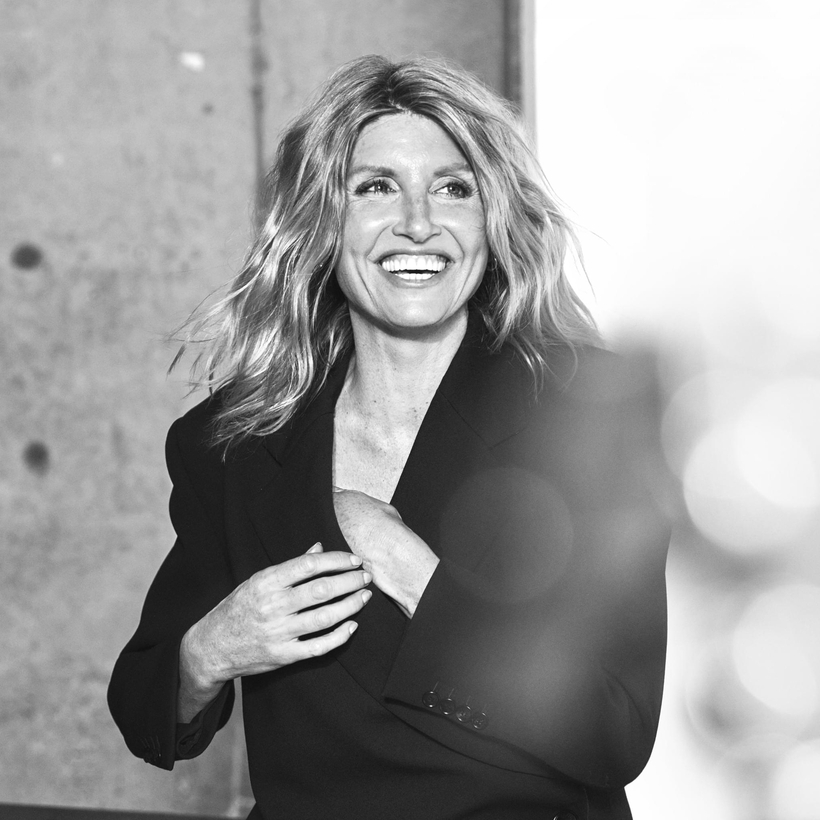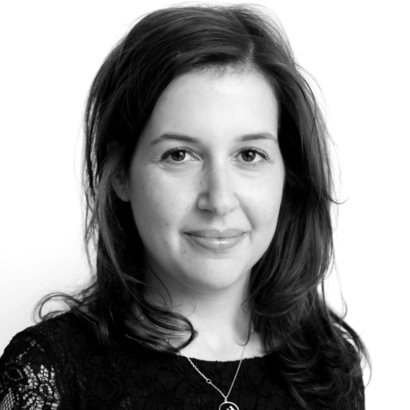Sharon Horgan is often approached by strange women who want to talk to her about their divorce. Or how much they hate the school run. Or how their marriage has exploded since having kids. Or all three. “It happens a lot. They don’t necessarily want to talk about the shows,” she says, referring to three of her best-loved TV series — Divorce, Motherland and Catastrophe — which dealt with those three subjects and a lot more. “They just want to talk about ‘the thing’.”
That must be a bit annoying, I say. You’re just trying to get on with life and some mad woman starts ranting at you about her divorce. “Oh no, it’s lovely! It really is. I think, whatever my demographic is, they’re very nice people.”


